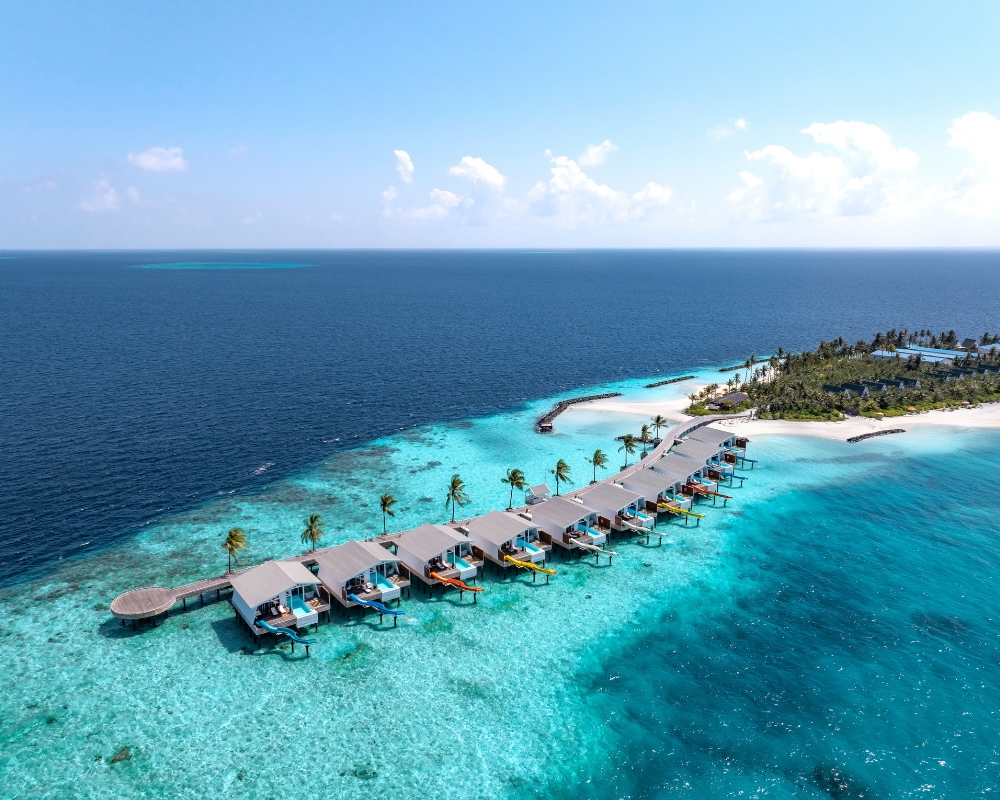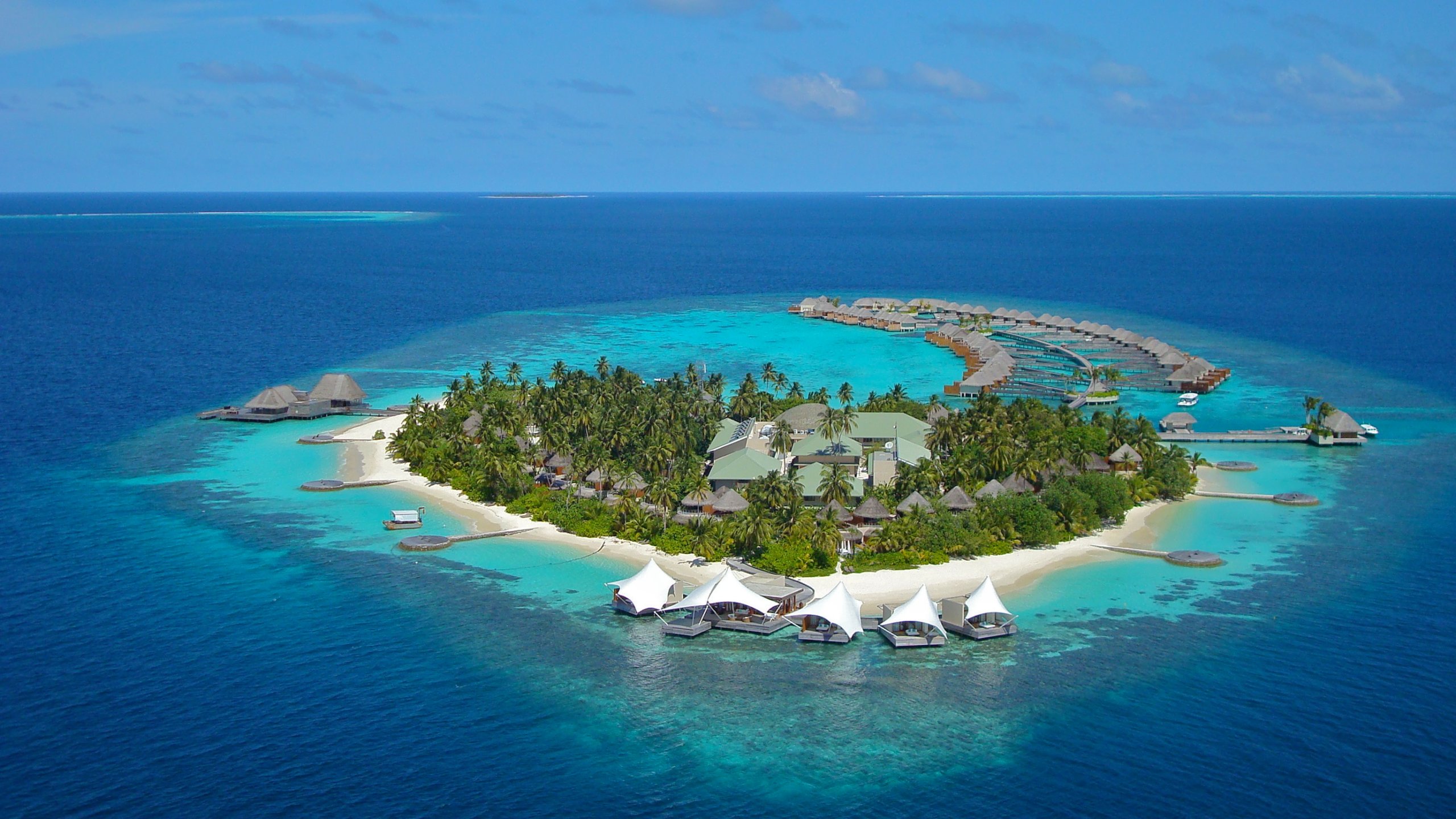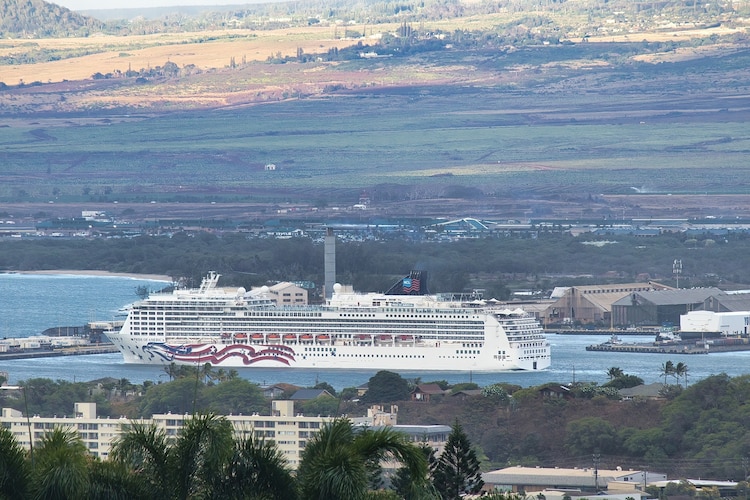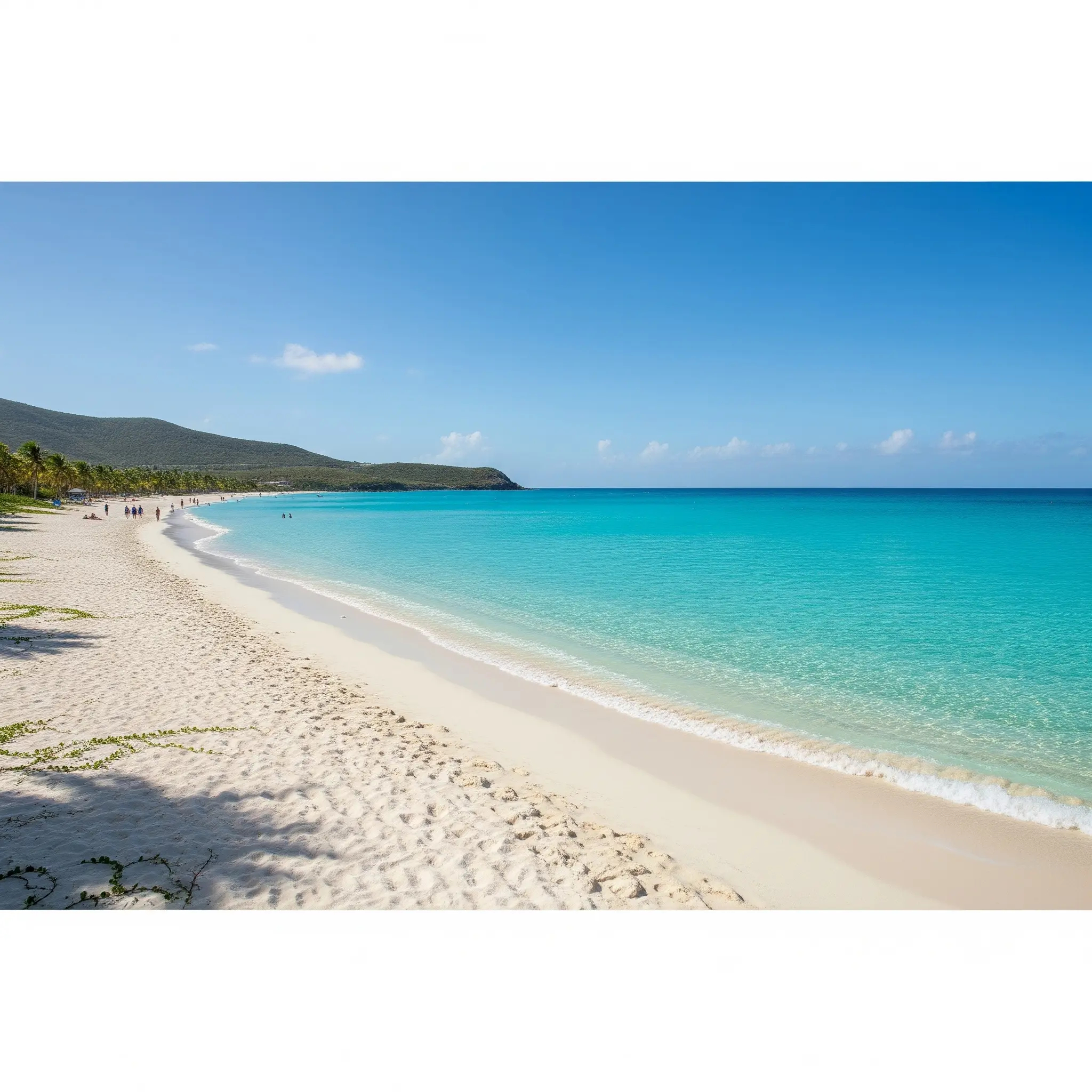
The Maldives, a tropical paradise renowned for its turquoise waters and vibrant marine life, stands at a pivotal juncture in 2025. As the nation grapples with the existential threat of climate change, it simultaneously embarks on ambitious initiatives to diversify its economy and bolster resilience. This article delves into the Maldives’ current landscape, highlighting recent developments, their implications for society, and the innovative strides shaping its future.
Tourism: Sustaining the Economic Lifeline
Record-Breaking Arrivals and Revenue Goals
Tourism remains the cornerstone of the Maldivian economy. In 2024, the nation welcomed an unprecedented 2.05 million tourists, marking an 8.9% increase from the previous year . Building on this momentum, the Maldives aims to attract 2.4 million visitors in 2025, targeting $5 billion in tourism revenue.
Travel Trends in the Maldives in 2025

The Maldives is known for its stunning natural beauty: white sandy beaches, crystal-clear waters, and breathtaking coral reefs. In 2025, travel trends in the Maldives are expected to become more diverse, with a focus on unique experiences such as underwater tours, culinary tourism, and sustainable accommodations. Travelers will increasingly be drawn to eco-tourism and responsible travel options.
Some of the exciting activities expected to become more popular in 2025 include:
- Underwater Tours: Glass-bottom boat tours and free diving in pristine coral reefs.
- Culinary Tours: Enjoying local cuisine while taking in breathtaking ocean views.
- Wellness and Spa: Resorts offering spa services that blend traditional therapies with modern treatments
Diversifying Tourist Experiences
While luxury resorts continue to dominate, accounting for 70.1% of accommodations, there’s a notable rise in guesthouses (24.4%), hotels (3%), and liveaboards (2.5%) . This diversification caters to a broader demographic, promoting inclusive tourism and benefiting local communities.
Economic Diversification: Embracing the Digital Frontier
The $9 Billion Blockchain Initiative
Facing a significant debt crisis, the Maldives has secured an $8.8 billion investment from Dubai-based MBS Global Investments to establish a blockchain and digital assets financial hub in Malé . This Maldives International Financial Centre aims to triple the nation’s GDP within four years, generating over $1 billion in annual revenue by its fifth year. The project is expected to create up to 16,000 jobs, marking a strategic shift towards economic diversification beyond tourism and fisheries.
A Brief History of the Maldives and Budget Accommodation Tips
The Maldives, an archipelagic nation in the Indian Ocean, boasts a rich history dating back to around 2500 BCE. Sun-worshipping seafarers known as ‘Redhin’ are believed to be the first settlers of these islands. Over time, cultural influences from India and Sri Lanka introduced Buddhism to the Maldives, which was later replaced by Islam in 1153 CE. For centuries, the Maldives served as a significant point in maritime trade routes, attracting the Portuguese, Dutch, and eventually the British. The country gained independence from Britain in 1965 and became a republic in 1968.
Today, the Maldives is renowned for its luxurious resorts. However, budget-conscious travelers can find more affordable accommodations. For instance, on Maafushi Island, lodging options start at $26 per night. Additionally, utilizing services like Couchsurfing or WorkAway can help reduce accommodation costs.
For inter-island transportation, local ferries are more economical than seaplanes. Visiting during the off-peak season, such as from May to October, can also offer lower prices and a more tranquil experience.
With proper planning, experiencing the beauty of the Maldives doesn’t have to be expensive.
Climate Change: An Existential Threat
Rising Sea Levels and Environmental Impacts
According to Tripadvisor – Maldives, comprising 1,200 low-lying islands, is acutely vulnerable to climate change. Projections indicate that sea levels could rise by up to one meter by the end of the century, potentially submerging significant portions of the country . This poses dire consequences for freshwater supplies, agriculture, and the very habitability of the islands.
Impact on Fisheries and Coral Reefs
Climate change also threatens the Maldives’ marine ecosystems. Rising ocean temperatures and acidification have led to coral bleaching, adversely affecting fisheries and tourism . The degradation of coral reefs not only diminishes biodiversity but also compromises natural coastal defenses against storms and erosion.
Innovative Responses to Climate Challenges
Nationally Determined Contributions (NDCs)
In its third NDC, the Maldives has committed to more ambitious emission reductions and strategies to enhance adaptive capacity . The focus includes transitioning to low-carbon development, improving energy security, and strengthening waste management systems.
Partnerships for Environmental Resilience
Collaborations with international organizations, such as UNEP, aim to support the Maldives in achieving net-zero greenhouse gas emissions by 2030 . These partnerships facilitate the adoption of renewable energy sources and the reduction of short-lived climate pollutants.
Infrastructure Development: Enhancing Connectivity
Hanimaadhoo International Airport Expansion
To bolster tourism and regional connectivity, the Maldives is undertaking an $800 million expansion of Hanimaadhoo International Airport, backed by the Indian government . The project includes a new terminal capable of handling 1.3 million passengers annually and a 1.6-mile-long runway, aiming to improve accessibility to the northern atolls.
Societal Implications and Community Engagement
Empowering Local Communities
Efforts to diversify tourism have led to increased opportunities for local entrepreneurs, particularly in the guesthouse sector. This shift empowers communities by providing alternative income sources and fostering cultural exchange between locals and visitors.
Public Awareness and Education
Educational campaigns and community programs are being implemented to raise awareness about climate change and promote sustainable practices. These initiatives aim to equip citizens with the knowledge and tools to adapt to environmental challenges.
Eight Essential Realities About Traveling in the Maldives That Tourists Should Know
The Maldives, renowned for its stunning beaches and luxurious resorts, has become a dream destination for many travelers. However, before planning a trip, it’s important to understand the following:
- Predominantly Moslem Population
As a Moslem-majority country, the Maldives has strict regulations regarding alcohol and dress codes. Alcohol is only available at certain resorts, and visitors are expected to dress modestly, especially when visiting local islands. - Numerous Small, Separate Islands
The Maldives consists of hundreds of small, scattered islands. Inter-island transportation can be time-consuming and may incur additional costs, so careful planning is essential. - Rainy Season Considerations
The rainy season runs from May to October. While prices may be lower during this period, weather conditions can affect outdoor activities. - High Accommodation Costs
Luxury resorts offer exceptional experiences but come with high prices. However, more affordable accommodations are available on local islands. - Transportation Planning is Crucial
Due to the distances between islands, transportation such as speedboats or small planes is often necessary. It’s important to arrange transport in advance to avoid delays or extra charges. - Limited Internet Access
While many resorts provide Wi-Fi, internet connectivity may not be as fast or reliable, especially on remote islands. - Incredible Marine Activities
The Maldives is famous for its rich marine life. Snorkeling and diving are highly recommended to experience the underwater beauty. - Respect for Local Culture is Important
Visitors are expected to respect local customs and traditions, including dressing modestly and honoring places of worship.
By understanding these realities, travelers can plan a more enjoyable trip while respecting the local culture in the Maldives.
Practical Tips for Travelers

If you’re planning a trip and Visit Maldives in 2025, here are some practical tips to ensure a great experience:
- Budget-Friendly Travel Tips: While the Maldives is famous for its luxury offerings, you can still enjoy a memorable experience by choosing more affordable accommodations and taking advantage of tour packages. Be sure to book your tickets well in advance to secure the best deals.
- Transportation Guide: The Maldives is made up of many islands, so it’s essential to know the best ways to get around. There are several transportation options, including boats and domestic flights.
- Accommodation Recommendations for All Budgets: From exclusive resorts to budget hotels, make sure to choose accommodations that suit your budget and personal preferences.
- Best Time to Visit the Maldives: The best time to visit is between November and April when the weather is sunny and calm. Avoid the rainy season for the best experience.
Conclusion
The Maldives in 2025 stands as a testament to resilience and innovation in the face of adversity. While climate change poses significant threats, the nation’s proactive measures in economic diversification, environmental conservation, and community empowerment offer a blueprint for sustainable development. Through continued collaboration and commitment, the Maldives strives to secure a prosperous and sustainable future for its people and the generations to come.









